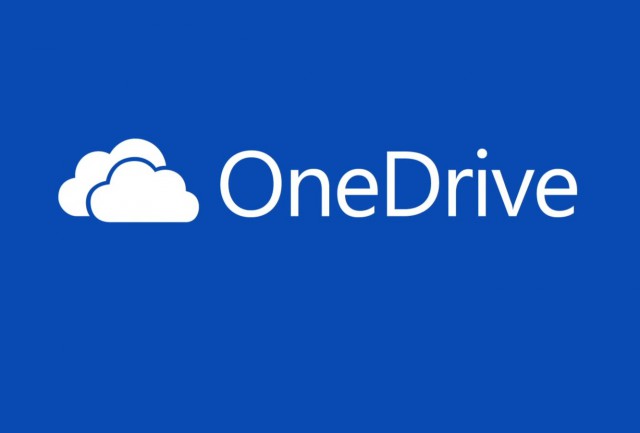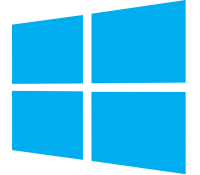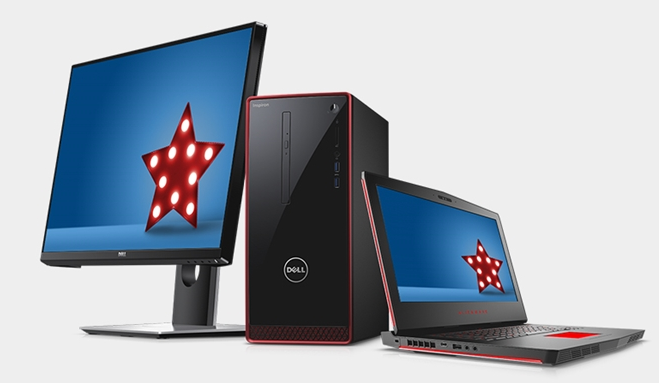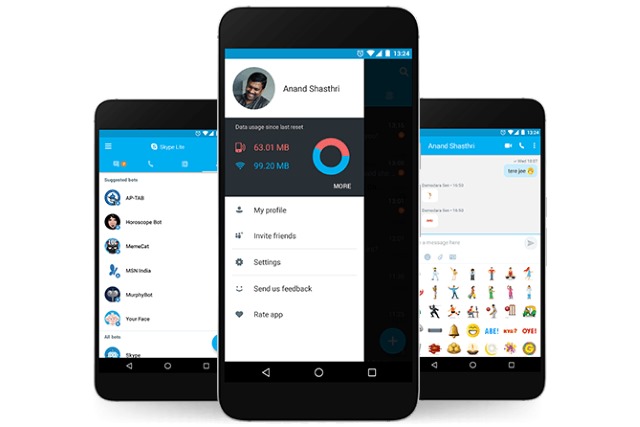
CloudBees platform helps enterprises speed up software deployment
In order to address businesses' continuing dependence on software, development teams are turning to continuous delivery and automated software pipelines to speed up deployment.
To address these needs CloudBees is launching Jenkins Enterprise to help companies accelerate their software delivery and meet the rapidly growing volume of software development.

Changing business models will create 'ultra freelancers'
With the significant and imminent changes in the way we do business a new type of freelancers will emerge, according to Samsung. Called "ultra-freelancers", this type of workers will "connect deeply within multiple organizations simultaneously, working with multiple corporate data sets but fiercely protective of the privacy of their own data."
These ultra-freelancers will be mostly Millennials, a cohort that is taking full advantage of the new technologies and the open economy.

New container platform speeds up Docker deployment
Containerization has seen a big increase in popularity in recent years, but companies are keen to ensure they're able to deploy containers quickly and keep control of the costs.
Container infrastructure specialist Diamanti is launching a new purpose-built appliance for containerized applications, allowing businesses to deploy Docker containers quickly with guaranteed service levels and at a lower cost than traditional data center infrastructure.

Differential sync will speed up OneDrive from Q2 2017
It has been some time since Microsoft mentioned that differential sync would be coming to OneDrive, and the company's latest roadmap shows that it is due to arrive some time in the second quarter of this year.
The feature will help to save time and bandwidth by only synchronizing parts of a file that have been updated. It's something that users of Microsoft's cloud storage service have been requesting for a long time now, and years of asking will soon come to an end.

Manners maketh the smartphone user
The smartphone has revolutionzed the way we communicate and access information, but what about the effect it's had on our wider society?
New research from business technology company Pitney Bowes looks at the tricky topic of smartphone e-etiquette -- and no, that doesn't mean sticking out your little finger as you use your phone.

How to find (and copy) your Windows product key
There are all sorts of reasons why you might need to locate your Windows product key. Perhaps you’re thinking of upgrading from Windows 7 or 8.1 to Windows 10 (doing so is still free, despite what Microsoft has said), or you might want to perform a clean install.
In the past, tracking down the key usually involved finding your installation media, but the more modern approach is to simply pull it directly from your Windows installation.

Windows 10 Virtual Desktop Enhancer: a first look
Windows 10 finally brought virtual desktops to the PC with its Task View feature, but although the system is easy to use, it’s a little underpowered.
Windows 10 Virtual Desktop Enhancer is an open-source portable application which extends Task View with some small but welcome extras.

Paid-for Google Site Search to be phased out and replaced by free, ad-supported version
Emails to customers reveal that Google plans to kill off Google Site Search this spring. While customers who have paid for the service will continue to have access to it, no new licenses or renewals will be sold after 1 April, 2017.
As reported by Fortune, customers will be migrated to Google's ad-supported Custom Search Engine once their license or search limit expire. The move illustrates Google's on-going and growing reliance on advertising income, and it's something that is unlikely to be well-received by web users who are already sick of being inundated with ads.

Tech Deals: Get a new Dell XPS Core i7 desktop for just $600, and enjoy the best savings of the year on XPS laptops
Why pay full price for a new laptop, desktop, or PS4 bundle, when you can get one for a fraction of the cost?
Courtesy of our partners at TechBargains we have yet another selection of fantastic deals, with huge savings to tempt you. Offers include fantastic savings on new Dell laptop and desktop PCs, HDTVs, electronics and components, and much more.

HTTPS now protects half of all web traffic
Websites that implement HTTPS reap a lot of benefits. Not only do they protect their users by preventing third parties from snooping on web traffic, and safeguard against content hijacking and cookie stealing, but they also enjoy a better ranking in Google as the search giant uses HTTPS as a signal in its search algorithms.
Few privacy-minded people would be happy about logging in, or entering credit card details, on a site which doesn’t afford the proper protection that HTTPS brings.

What's next for containers, unikernels, and coding
Everyone talks about containers. It became so huge that we think Docker has existed for a long time. The fact is that it has only started. We can observe that by the amount of changes we are seeing. Docker from two years ago is very different than Docker today. Products in its ecosystem are appearing every day and many are disappearing just as quickly. If there is a space we should turn our attention to, that’s containers.
At the same time, we have already switched our focus to other areas. Containers, by themselves, are the old story. We know what they are, we did our proof of concept (PoC), and we adopted them. The real question is what should we focus on now? What will this year bring?

Microsoft unveils Skype Lite, an Android app for India that's light on data usage
Microsoft has thrown a lot at Skype in recent years, and the latest move sees the company releasing a completely new version of the Android app designed for use on slower internet connections -- specifically in India.
Described variously as being "our fastest and smallest app to date" and "built in India, for users in India", the focus with Skype Lite is on speed and efficiency. The new version of Skype uses less data and battery power, but still delivers the Skype experience that users have come to rely on.

Google releases open source file sharing project 'Upspin' on GitHub
Believe it or not, in 2017, file-sharing between individuals is not a particularly easy affair. Quite frankly, I had a better experience more than a decade ago sending things to friends and family using AOL Instant Messenger. Nowadays, everything is so fragmented, that it can be hard to share.
Today, Google unveils yet another way to share files. Called "Upspin," the open source project aims to make sharing easier for home users. With that said, the project does not seem particularly easy to set up or maintain. For example, it uses Unix-like directories and email addresses for permissions. While it may make sense to Google engineers, I am dubious that it will ever be widely used.

Mad Catz launches Tritton ARK 100 USB wired 7.1 PC gaming headset
Are you a PC gamer? If yes, you should really get yourself a gaming headset. When playing multiplayer games online, a big part of the experience is trash-talking opponents. Not to mention, for those of you that live with other people, a headset can prevent arguments over late-night gaming marathons that keep folks awake. It is common courtesy to game with a headset or headphones.
Back in October of 2016, Mad Catz launched the Tritton ARK 100 stereo gaming headset for consoles like PlayStation 4 and Xbox One. Today, the company begins shipping the PC variant to retailers. This model can connect using USB for a special 7.1 surround mode. If you prefer to use 3.5mm, do not worry -- it has that connectivity too, but only for stereo.

Microsoft issues some Windows security patches in February after all
Patch Tuesday occurs on the second Tuesday of every month, and is when Microsoft releases security patches for all supported versions of Windows.
However, due to a "last minute issue," Microsoft was unable to push out the patches for February, and made the decision to delay them until next month, a move that understandably didn’t go down all that well with customers, and even led to Google publishing details of an unpatched Windows bug.


